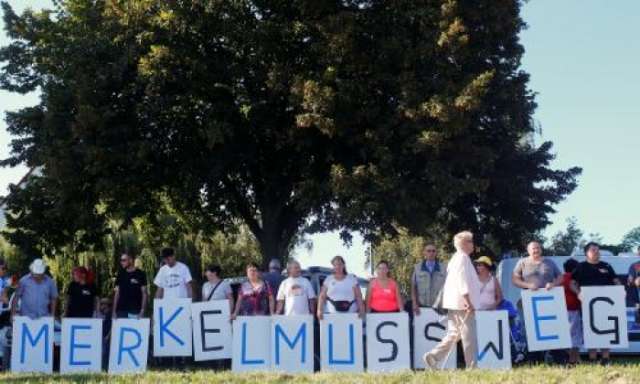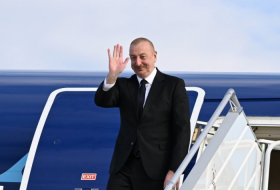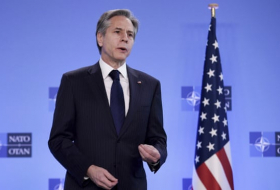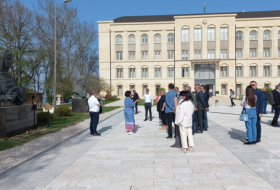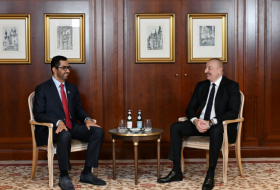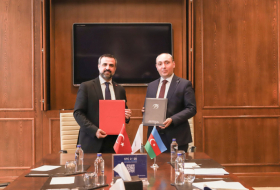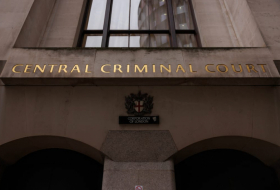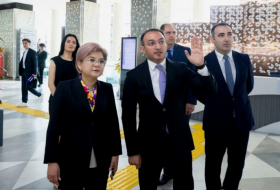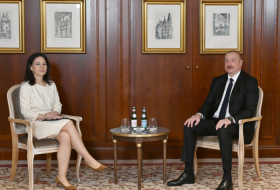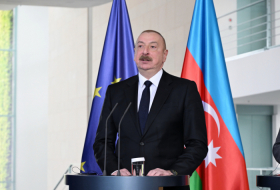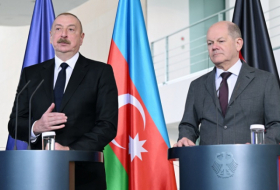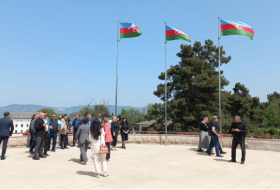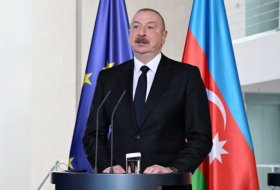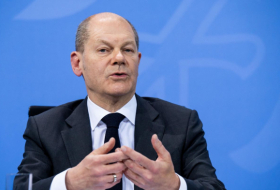Merkel is hoping to be re-elected for a fourth term on 24 September, and her centre-right Christian Democrats have a poll lead over Martin Schulz’s centre-left Social Democrats.
On Tuesday, she told a press conference she was targeting the heartlands of populist nationalists Alternative für Deutschland, saying she wanted to “make a stand against the yelling”.
More than one in three of Merkel’s campaign rallies are being held in the five states that used to make up the socialist German Democratic Republic, even though they are home to only about a fifth of the country’s population.
But the scale and intensity of protests at some of the widely televised events have overwhelmed organisers. In Brandenburg an der Havel, west of Berlin, Merkel’s rally on Tuesday was accompanied by a 40-minute chorus of jeers after the AfD and the far-right National Democratic Party organised a counter rally.
The chancellor’s arrival coincided with NPD supporters unfurling a banner from a hotel window that read “Merkel muss weg” (“Merkel has to go”), a reference to the slogan “The wall has to go” that used to be chanted at protests in the run-up to the fall of the Berlin wall.
In Bitterfeld, in Saxony-Anhalt, where the AfD gained 31.9% at state elections last year, Merkel was greeted by protesters waving Russian flags and chanting “Go away”.
Last Friday, a 21-year-old campaign aide wearing a T-shirt with the Christian Democratic Union’s logo was taken to hospital after she was assaulted during skirmishes around a rally in Vacha, Thuringia. Local media reported “scary, dangerous situations” as security prevented some protesters from getting too close to the arriving chancellor.
During her speeches, Merkel lived up to her promise of making a stand against rightwing populism, telling her audience in Brandenburg that “you don’t solve problems by yelling, but by mucking in”. On the podium in Bitterfeld, she re-stated that her party would not contemplate entering a coalition with either the AfD or the leftwing Die Linke.
Polls released this week indicate that even though the chancellor’s lead over her main competitor, Schulz, remains solidly in double digits, her options for coalition-forming are narrowing.
One survey published by the INSA polling institute on Tuesday shows only two realistic options for the next government: another “grand coalition” between Merkel’s CDU and the SPD, or a so-called “Jamaica coalition” between the CDU, the pro-business Free Democrats and the Green party. A leftwing coalition between the SPD, Die Linke and the Greens would fall short of a governing majority, according to most polls.
Merkel and Schulz will go head-to-head in a TV debate on Sunday, during which two pairs of interviewers from Germany’s four largest broadcasters will take turns quizzing the candidates. A change to the format from the last election had reportedly been vetoed by Merkel’s chancellory, a move that one leading broadcaster described as “blackmail” designed to skew the debate in her favour.
At her annual summer press conference on Tuesday, Merkel rejected the criticism, saying the format hadn’t necessarily worked in her favour in the past and that she had previously come second in viewer polls after the shows. According to a poll by Forsa, 48% of the 61.5 million German citizens entitled to vote in September say they are planning to watch the debate on Sunday.
One recent survey suggests that up to half the German electorate has yet to make up its mind which party to vote for.
More about: #AngelaMerkel #Germany








